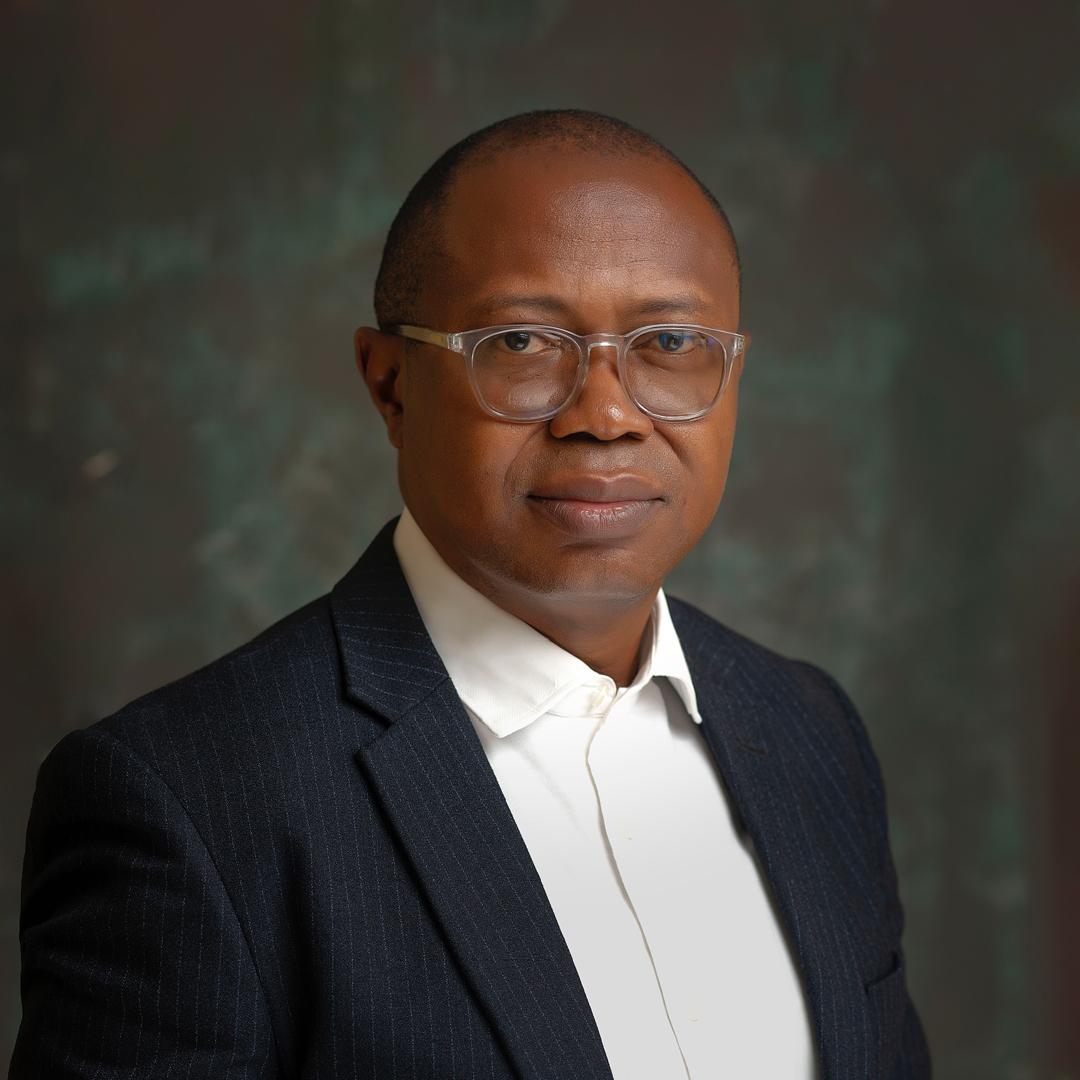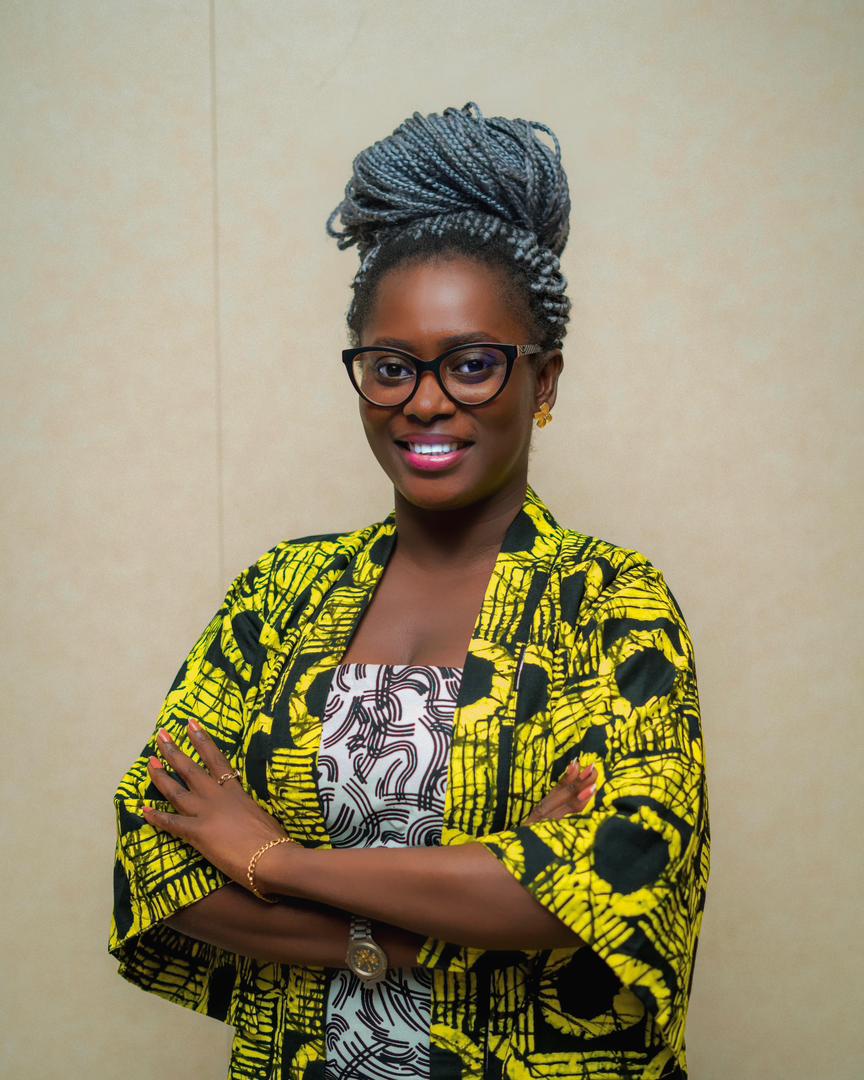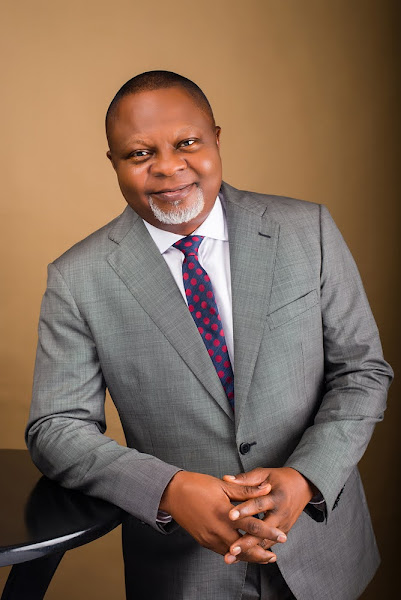In the face of the ongoing economic challenges, Nigeria’s marketing communications sector is shifting its focus towards strategic transformation as a means to achieve sustainable growth.
According to Tunji Adeyinka, chairman organising committee of the National Advertising Conference (NAC), this approach involves acknowledging the current realities and proactively positioning the industry for future opportunities.
Conference Announcement and Theme
Announcing the date and theme for this year’s conference, NAC committee chairman said, “2025 edition of the National Advertising Conference, scheduled to take place from November 12-14, 2025, at the Continental Hotel in Abuja, will delve into these complexities under the theme \’Transforming Businesses and Creating Growth in Challenging Times.’”
He emphasized that the theme doesn’t only align with the conference’s objectives but also acknowledges the significant shifts currently reshaping Nigeria’s marketing landscape. He highlighted that the conference features an impressive line-up of speakers who will address various topics and offer practical solutions to the industry’s pressing challenges.
Keynote and Fireside Chat
Notably, the committee chairman stated that Jacques Burger, Co-founder and CEO of Up and Up South Africa, will deliver the keynote address, sharing valuable insights from practical case studies.
Seasoned industry professionals, including Dr. Bolajoko Bayo Ajayi, President of the National Institute of Marketing of Nigeria (NIMN), Maryam Amuda of Aster Integrated, and Mr. Bello Yusuf, a veteran with experience on both the agency and client sides, will moderate the fireside chat and take it in a new direction.
This session will bring together younger professionals and industry veterans from diverse sectors to discuss the topic “A Different Generation, A Different Industry.”
A Loaded Agenda for Real-World Impact
He noted that the conference is packed with a range of relevant topics and activities designed to address the industry’s most pressing issues, providing attendees with valuable insights and practical takeaways.
“If you look at the entire marketing ecosystem, we all agree that from an economic point of view, these are challenging times for the Nigerian economy,” Adeyinka explained. His assessment cuts across the industry spectrum, from brands and advertisers to agencies, media companies, and content creators.
“These times have affected all of us. You can say that this has actually been happening over the last three years or thereabout.”
The Economic Reality Check
Despite World Bank projections showing positive economic movement, Adeyinka identifies a critical disconnect that continues to squeeze industry players. “There’s been a certain record of movement and traction in the positive direction from an economic point of view, but it has not yet trickled down to the average consumer,” he noted.
“This gap between macroeconomic indicators and consumer purchasing power is driving fundamental changes in how brands allocate marketing budgets and where they choose to spend.”
The impact manifests across all industry segments. Media companies face reduced advertising spend, agencies compete for fewer briefs, and even growing businesses find their expansion insufficient to outpace inflation.
“Some businesses are growing, but as you would reckon, if you’re growing and you’re growing below the level of inflation, it’s not real growth,” Adeyinka observed.
The conference programming reflects this nuanced understanding of growth challenges. Rather than generic optimism, the NAC 2025 agenda dissects specific survival and expansion strategies from companies that have managed to thrive despite economic headwinds.
Generational Shift Takes Center Stage
Adeyinka highlighted that this year’s conference is poised to undergo a significant evolutionary shift, marked by a deliberate effort to integrate fresh perspectives from the new generation.
“In a departure from previous years, where seasoned veterans dominated the discussions, NAC 2025 will kick off with a new approach, themed *’A Different Generation, A Different Industry,’ signaling a shift towards inclusivity and diversity of thought.”
“The industry is getting very young, and as you’re getting younger, you’re having an infusion of technology,” Adeyinka explained. The panel brings together emerging practitioners.
“This generational bridge addresses more than symbolic representation. We recognize that younger practitioners bring different approaches to work culture, technology adoption, and client engagement that older industry leaders must understand and navigate.”
The work-from-home debate exemplifies these tensions. “The younger practitioners are more amenable to saying ‘we can work from home, we’ll still be effective,” Adeyinka noted.
“The older guys are saying it doesn’t work like that. You may be effective, but there’s one thing about physicality, especially when you need culture, and culture comes when you see each other.”
International Case Studies and Local Applications
In a strategic move to demonstrate that industry transformation is achievable, NAC 2025 features Jacques Burger, co-founder and CEO of Up and Up South Africa, formerly IBN Saatchi.
“Bulger’s agency represents a compelling case study in African business evolution—a South African agency that grew so successfully it bought out its international shareholder Saatchi & Saatchi to become a fully African-owned Pan-African business.”
“It’s not as if we don’t have Nigerian case studies. We’re bringing case studies from South Africa and Nigeria to actually show that this thing we’ve been talking about works,” Adeyinka emphasized. The inclusion addresses a persistent industry challenge: commoditization that affects service quality and pricing power.
“In an industry where you have a big challenge with commoditization, it affects the quality of service. So there has to be consolidation, and when there’s consolidation, you have better quality of services and you also have better reach,” he explained.
Brand Nigeria and Government Coordination
The conference committee chairman also addressed the ongoing Brand Nigeria project, revealing quiet coordination with government efforts through the National Orientation Agency (NOA).
“If you’re talking about brand Nigeria, there has to be one consolidated brand so that we don’t duplicate efforts.
We’re working quietly, and eventually we’re going to synergize with the national effort,” he disclosed.
Consequently, this approach reflects pragmatic industry leadership waiting for government initiatives to mature before full integration rather than competing with official efforts.
Also, the strategy acknowledges both the industry’s capabilities and the political realities of brand coordination at national levels.
Concrete Outcomes Beyond the Conference
The conference’s impact extends beyond annual gatherings.
Meanwhile, teams are already working on artificial intelligence applications and the Africa Continental Free Trade Agreement’s implications for marketing communications—issues that emerged from the 2024 edition.
“We don’t want it to be just a talk shop. We always want to have something concrete,” he noted.







Comment
No comments found.